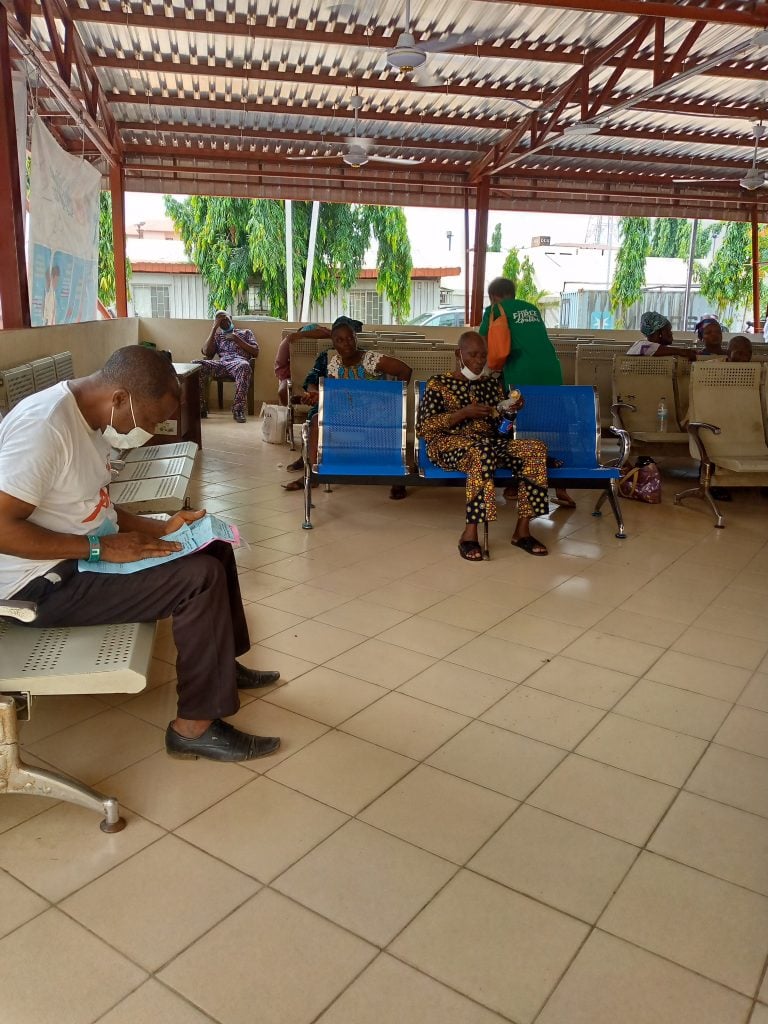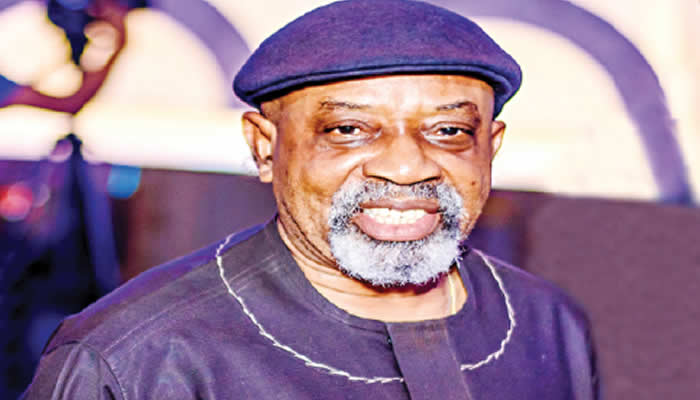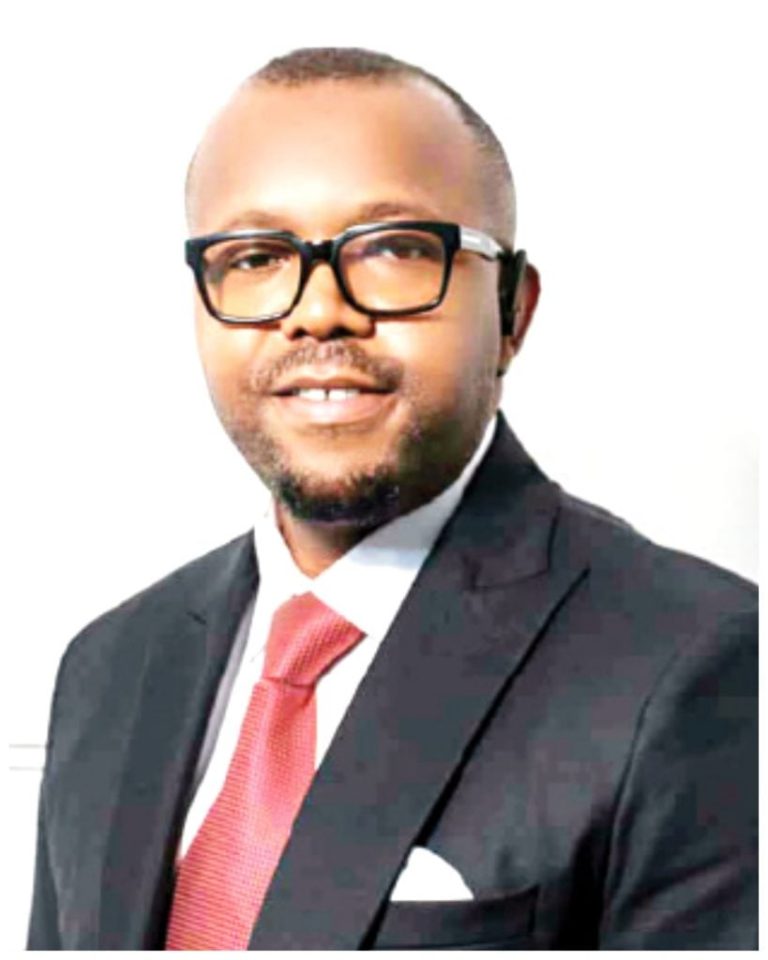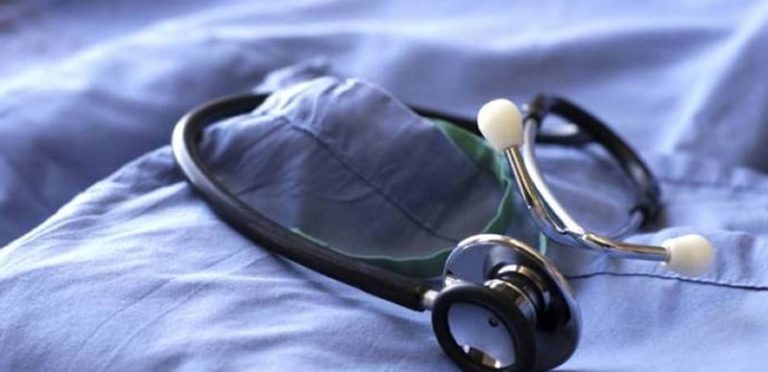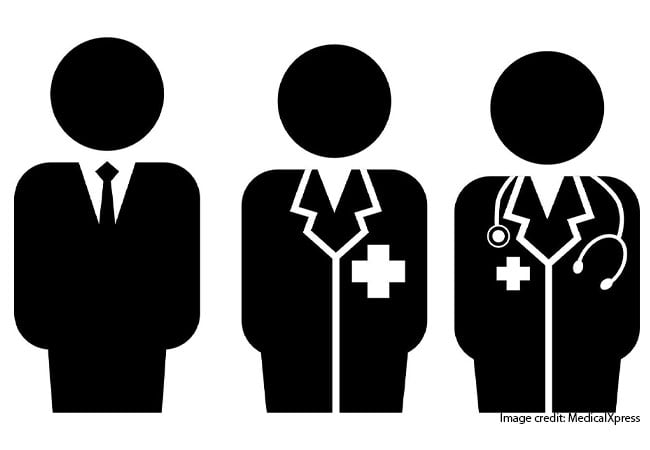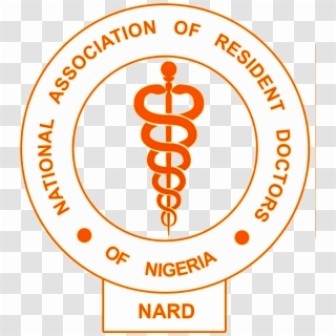As the National Association of Resident Doctors strike continues, patients have appealed for a...
NARD
The five-day nationwide warning strike embarked on by the National Association of Resident Doctors...
The Minister of Labour and Employment, Dr Chris Ngige, has described as absurd the...
Lara Adejoro President of the Nigerian Association of Resident Doctors of Nigeria, Dr. Emeka...
Lara Adejoro Medical bodies in the countries have said the United Kingdom government’s code...
The Nigerian Association of Resident Doctors has opposed the Medical and Dental Practitioners Act...
Lara Adejoro At least 85 per cent of Nigerian doctors are planning to leave...
Lara Adejoro No fewer than 1,600 members of the Nigerian Association of Resident Doctors...
Angela Onwuzoo The leadership of the Healthcare Providers Association of Nigeria and the Nigerian...
Lara Adejoro The Nigerian Association of Resident Doctors has said the number of medical...
